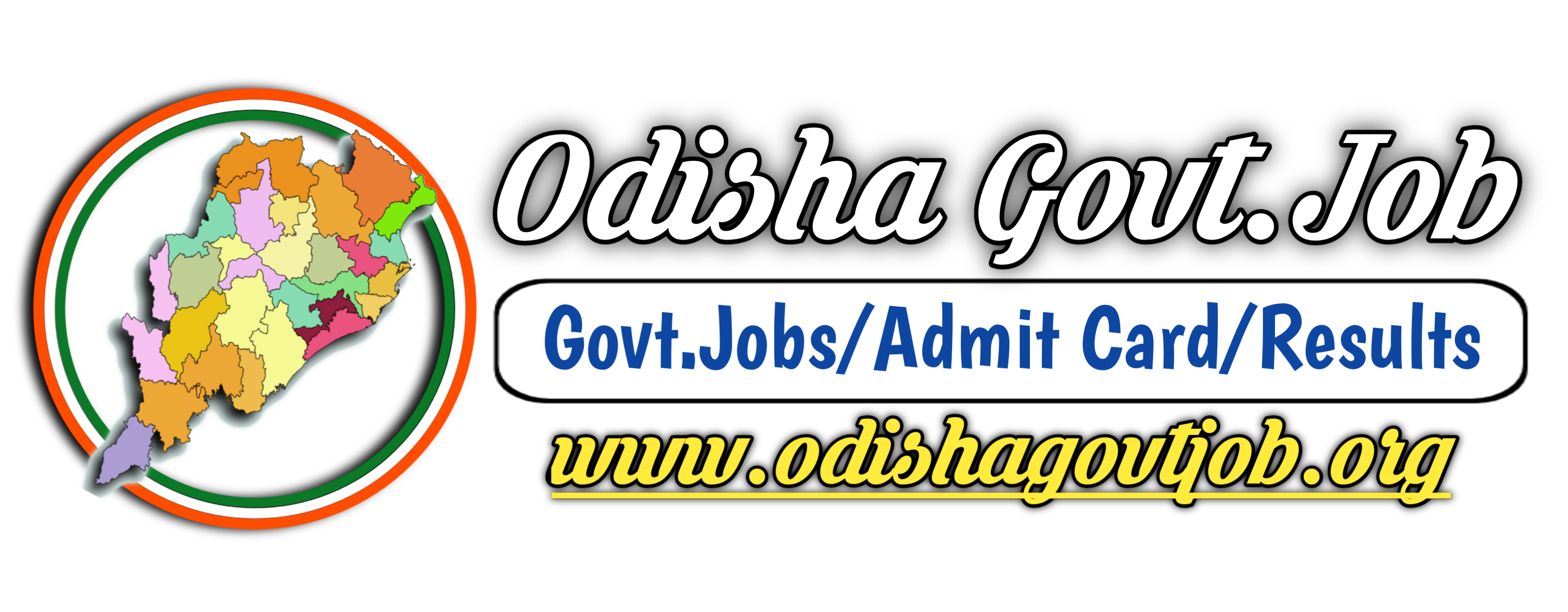Insurance jobs
Insurance jobs cover a wide range of roles and career paths within the insurance industry, each focused on different aspects of protecting individuals, businesses, and property against risks. Here’s an overview of some common insurance jobs, including their responsibilities and required skills.
1. Insurance Agent (or Broker)
Role: Insurance agents help clients select insurance policies that suit their needs. They can work with various types of insurance, such as life, health, auto, home, or business.
Key Responsibilities:
- Sales: Sell insurance policies to individuals or businesses based on their needs.
- Client Consultation: Assess the client’s needs and help them understand the coverage options available.
- Policy Management: Assist with renewing, updating, or modifying policies as clients’ situations change.
- Claims Assistance: Help clients file claims and liaise with insurance companies during the claims process.
Skills:
- Strong communication and interpersonal skills
- Sales ability and customer service experience
- In-depth knowledge of insurance products
- Ability to build and maintain relationships with clients
2. Claims Adjuster
Role: Claims adjusters investigate and evaluate insurance claims to determine the extent of the insurer’s liability. They can work for insurance companies or as independent contractors.
Key Responsibilities:
- Investigation: Examine claims by reviewing accident reports, inspecting damage, and interviewing witnesses.
- Assessment: Determine the value of the claim based on the damage or loss reported and the policy details.
- Decision Making: Decide whether the claim should be approved or denied based on policy coverage and findings.
- Negotiation: Negotiate settlements with claimants, ensuring fair compensation for both the insurer and the insured.
Skills:
- Analytical and investigative skills
- Strong decision-making ability
- Negotiation and communication skills
- Knowledge of insurance policies and legal regulations
3. Underwriter
Role: Underwriters assess the risk of insuring a person, property, or business and decide the terms and pricing of insurance policies.
Key Responsibilities:
- Risk Assessment: Evaluate applications for insurance by analyzing the potential risks involved (e.g., health risks, vehicle condition, or business operations).
- Policy Issuance: Decide on the terms of coverage, including premiums and exclusions.
- Pricing: Set insurance premiums based on the level of risk associated with the policyholder.
- Collaboration: Work with agents and brokers to ensure that policies are issued in accordance with company guidelines.
Skills:
- Strong analytical and mathematical skills
- Attention to detail
- Knowledge of underwriting software and insurance regulations
- Risk assessment ability
4. Actuary
Role: Actuaries use mathematics, statistics, and financial theory to assess and manage risk in the insurance industry. They play a key role in determining insurance premiums and reserves.
Key Responsibilities:
- Risk Analysis: Use statistical models to predict the likelihood of events (e.g., natural disasters, accidents, or illnesses).
- Financial Forecasting: Help insurance companies set premiums and create long-term financial plans.
- Data Interpretation: Analyze data to determine trends and patterns in claims or risk exposure.
- Regulatory Compliance: Ensure that the company’s financial strategies and policies meet legal requirements.
Skills:
- Advanced knowledge of statistics, probability, and finance
- Strong problem-solving skills
- Expertise in actuarial software
- Strong attention to detail
5. Insurance Customer Service Representative
Role: Customer service reps are the front-line professionals who assist policyholders with inquiries, complaints, and policy management.
Key Responsibilities:
- Client Support: Respond to customer questions via phone, email, or live chat.
- Policy Management: Help customers with policy changes, renewals, and payments.
- Claims Assistance: Guide customers through the claims process, providing instructions and updates.
- Issue Resolution: Address complaints and resolve problems, escalating issues to higher management if necessary.
Skills:
- Strong communication and interpersonal skills
- Problem-solving ability
- Multitasking and organizational skills
- Familiarity with insurance products and procedures
6. Risk Manager
Role: Risk managers assess and manage the risks faced by a business or organization. They develop strategies to minimize exposure to financial loss and ensure the organization’s assets are protected.
Key Responsibilities:
- Risk Identification: Assess the company’s operations to identify potential risks (e.g., operational, financial, legal, or market risks).
- Risk Mitigation: Develop strategies and policies to mitigate those risks, including recommending appropriate insurance coverage.
- Policy Management: Manage the organization’s insurance portfolio and ensure that policies are up to date and compliant with regulations.
- Training and Awareness: Educate employees about risk prevention and help implement risk management programs.
Skills:
- Strong understanding of risk assessment and mitigation strategies
- Excellent organizational and analytical skills
- Knowledge of insurance products, laws, and regulations
- Ability to communicate complex concepts clearly
7. Insurance Auditor
Role: Insurance auditors examine insurance policies and financial records to ensure compliance with company policies, regulations, and applicable laws.
Key Responsibilities:
- Audit Insurance Records: Review client insurance records, claims, and transactions to ensure accuracy and compliance.
- Fraud Prevention: Look for signs of fraud or misrepresentation in claims or policies.
- Report Findings: Prepare reports detailing audit findings and recommend improvements or corrective actions.
- Collaboration: Work closely with internal teams to ensure the integrity of financial and operational processes.
Skills:
- Attention to detail and investigative skills
- Knowledge of insurance regulations and policies
- Strong understanding of financial statements and records
- Analytical thinking
8. Insurance Marketing Specialist
Role: Insurance marketing specialists develop and implement marketing strategies to promote insurance products and grow the customer base.
Key Responsibilities:
- Market Research: Analyze market trends, customer needs, and competitor activities to develop targeted marketing strategies.
- Campaign Development: Create marketing materials, online ads, and promotional campaigns to generate leads and build brand awareness.
- Customer Engagement: Work with sales teams to develop customer outreach strategies, including email marketing, social media, and advertising.
- Data Analysis: Track the performance of marketing campaigns and adjust strategies as necessary.
Skills:
- Strong marketing and advertising knowledge
- Creativity and strategic thinking
- Knowledge of digital marketing tools (SEO, SEM, email marketing, etc.)
- Data analysis and performance tracking
9. Claims Examiner
Role: Claims examiners review claims to ensure that they comply with policy terms and determine the amount of compensation.
Key Responsibilities:
- Claims Review: Evaluate insurance claims for validity and compliance with company policies.
- Documentation: Ensure that all necessary documentation is submitted and accurate.
- Communication: Communicate with clients, agents, or adjusters to clarify details of the claim or resolve discrepancies.
- Dispute Resolution: Assist in resolving disputes between claimants and the insurance company, including the possibility of mediation or legal action.
Skills:
- Detail-oriented and methodical
- Strong communication and negotiation skills
- Ability to interpret insurance policies and legal documents
- Problem-solving skills
10. Insurance Executive/Manager
Role: Insurance executives or managers oversee operations, strategies, and team management within an insurance company.
Key Responsibilities:
- Leadership: Lead departments, set goals, and manage employees.
- Strategy Development: Develop business strategies to increase profitability and market share.
- Financial Management: Monitor financial performance and work on budgeting, forecasting, and financial planning.
- Regulatory Compliance: Ensure the company adheres to insurance laws, industry standards, and company policies.
Skills:
- Leadership and management experience
- Strong financial and business acumen
- In-depth knowledge of the insurance industry
- Strategic thinking and problem-solving
Conclusion:
The insurance industry offers a variety of career opportunities, each with its own set of responsibilities, required skills, and career progression paths. Whether you’re interested in working directly with clients, managing risks, analyzing data, or leading teams, there are numerous ways to get involved in this essential sector.





